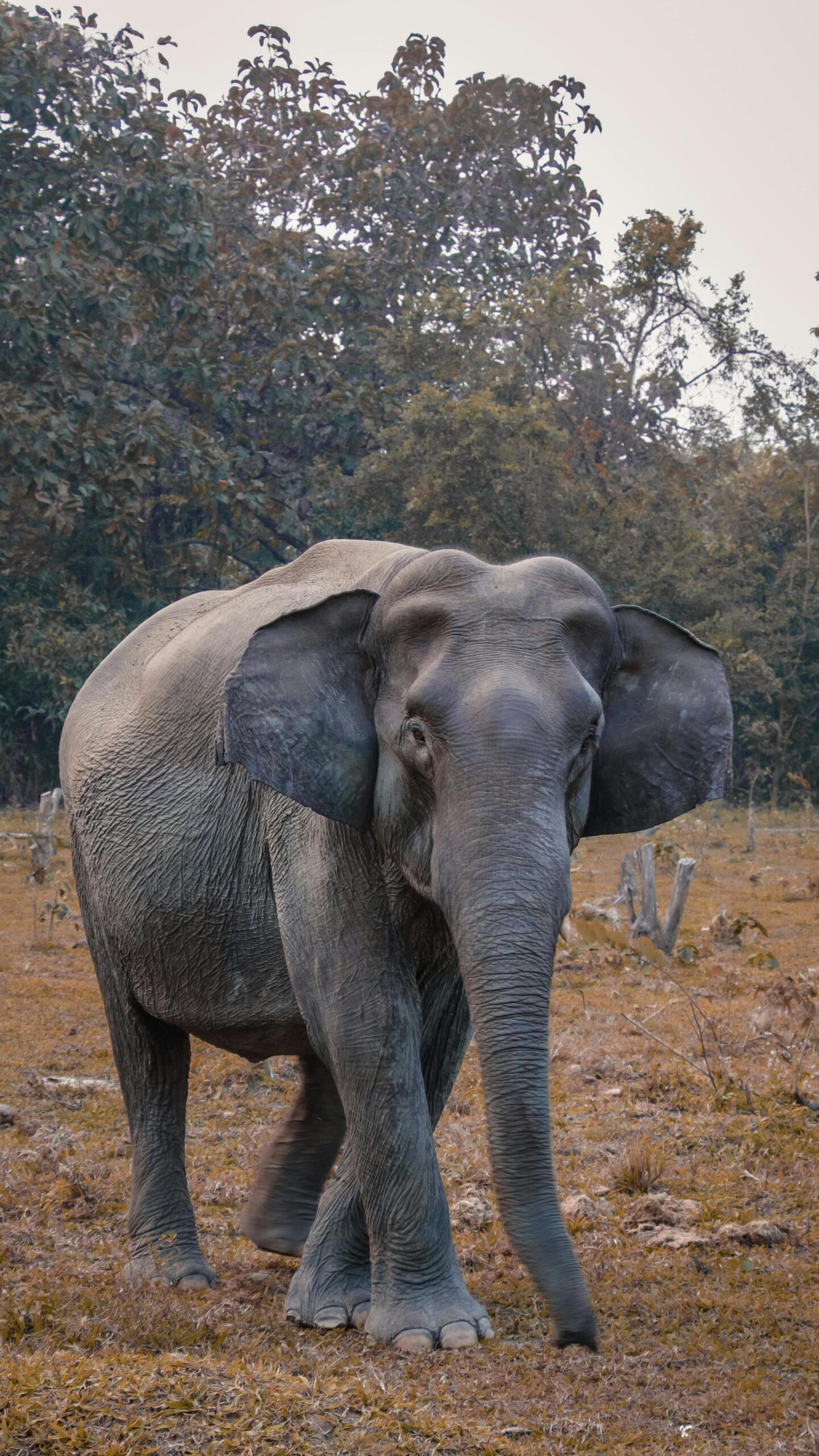By Xinhua and The Dispatch Digital Reporter
NAIROBI, Aug. 12 — As Kenya marked World Elephant Day on Monday, conservationists and scientists renewed their calls for the protection of super tusker elephants in the Amboseli ecosystem, which spans the Kenya-Tanzania border. The region is home to approximately 2,000 elephants, including 10 super tuskers—remarkable for their enormous tusks, each weighing up to 100 pounds (45 kg). These majestic creatures are increasingly threatened by trophy hunting, poaching, habitat loss, and climate-related stresses, campaigners warn.
Speaking at a briefing in Nairobi, Paula Kahumbu, CEO of WildlifeDirect, a Nairobi-based wildlife conservation organization, underscored the ecological and economic significance of conserving super tusker elephants. She urged authorities to revoke licenses that allow trophy hunting in the Amboseli rangelands, highlighting the dire consequences of such activities on these elephants.
World Elephant Day, observed annually on Aug. 12, aims to raise awareness of the challenges facing African and Asian elephants, advocating for their protection against threats like illegal poaching and mistreatment in captivity. The theme for 2024, “Personifying Prehistoric Beauty, Theological Relevance, and Environmental Importance,” emphasized the necessity of preserving natural habitats for these iconic mammals.
In Kenya, conservation groups announced their intention to petition the Tanzanian government to ban trophy hunting of super tuskers and address the decline in their population. According to Kahumbu, five super tusker elephants have been killed by trophy hunters in the greater Amboseli ecosystem over the past eight months, placing the species at risk of extinction.
Festus Ihwagi, Senior Scientist and Research Policy Lead at Save the Elephants, a Nairobi-based elephant conservation group, called for cross-border initiatives to protect the remaining super tuskers. He highlighted their unique genetic traits and crucial role in ecotourism, stressing the importance of safeguarding their dispersal routes within the Amboseli ecosystem to mitigate poaching and human-elephant conflicts. Ihwagi emphasized that diplomatic engagement between Kenya and Tanzania would be essential to imposing a ban on trophy hunting of these genetically exceptional elephants.
Tiassa Mutunkei, founder of Teens4Wildlife, a youth-led conservation group, also stressed that the super tusker elephants in the Amboseli ecosystem must be allowed to thrive, free from the threats posed by trophy hunting.
